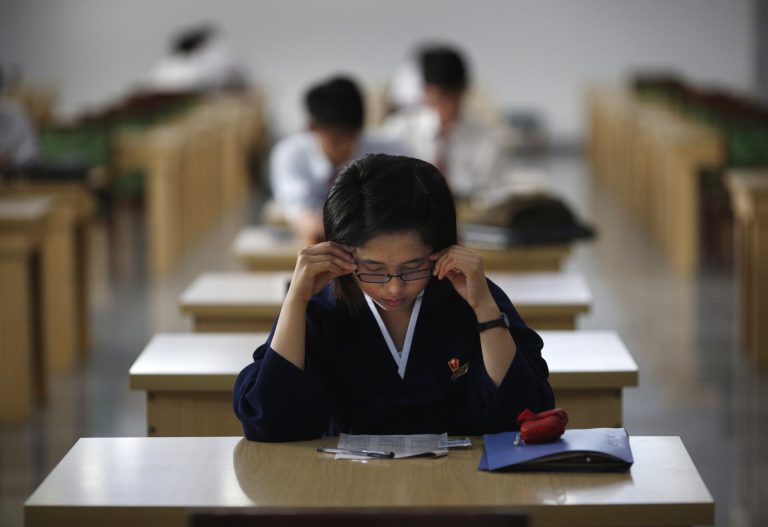
A recent survey has found over half of British graduates believe that international students work harder than their British classmates.
It could be assumed that being surrounded by hard-working international students would ensure a productive learning environment, further preparing students for the competitive world of employment, benefitting both native and international students alike. So why is it that in 2015 British students still don’t appear to be working as hard their international counterparts?
In 2015, an Academic Experience Survey was carried out which confirmed that UK students work, on average, around two hours a week less than students from other EU countries and around half an hour a week less than non-EU international students.
Currently, international students comprise one-sixth of the total university student body in the UK. The amount of international students in the UK has dramatically increased year on year – which once again leaves us with the question of why this increased presence hasn’t improved – and in fact, may have hindered – the work ethic of home students?
Financial security, different cultural work ethics and societal norms may all point towards indicators signalling why international students who study abroad work harder than their British classmates.
The survey also found that one in four undergraduates thought that international students required more attention from lecturers, or slowed down the class, because of language issues. But can these small interruptions truly have a significant adverse impact on the home students’ education?
As a prospective or current international student, this particular statistic may be disheartening to learn as no-one likes to be considered a burden. However, before you abandon all your hopes and dreams of studying abroad, the perceived hindrance of working with overseas classmates is only a minor cause for concern when all the benefits of working alongside international students are fully explored.
The survey, commissioned by the Higher Education Policy Institute (HEPI) and the Higher Education Academy (HEA), discovered that 78% of the 1,009 graduates questioned in May said that studying alongside their international classmates was ‘useful preparation for working in a global environment’. It appears that the positive effect international students have overall far outweigh any minor inconveniences that may arise.
‘The rich mix of cultures, tolerance and understanding that an international experience fosters helps prepare students to contribute as global citizens,’ said Stephanie Marshall, chief executive of the HEA, on the growing internationalisation of UK universities. ‘An internationally diverse student body has many benefits – educationally, economically and culturally – for the students themselves and for higher education institutions as a whole,’ she added.







